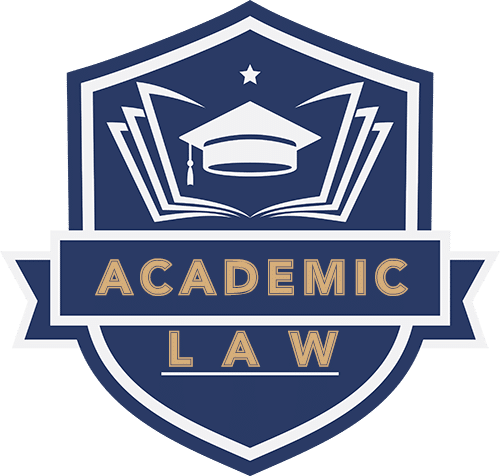Students are often surprised to learn that a minor infringement, such as utilizing an incorrect citation, is sufficient to constitute an academic offence. The harsh reality many face is that something as small as using the wrong last name in a citation can create grounds for an academic misconduct hearing. Whether or not the hearing committee will find you guilty is another story.
Every academic offence is unique and your actions are not analyzed arbitrarily. Instead, multiple characteristics, such as the nature of the offence and its severity, are analyzed to determine a reasonable punishment. These are three common academic offences and their respective severity.
- No Citations or Incorrect Citations: Failing to properly cite your work is plagiarism, regardless of how minor the infraction. Minor cases are unlikely to be flagged by a professor, although I have had instructors in the past who swore they would give a grade of zero if a bibliography was missing a single period. More severe citation errors, such as not including a bibliography or failing to cite multiple sources, is considered a minor infraction by most institutions and can often result in a reduced grade or a grade of zero.
- Copying Work or Plagiarism: One question countless students find themselves asking at one point or another is: what will happen if I copy someone else’s work? What will happen if I plagiarize one or two sentences? More severe cases of plagiarism, such as submitting another person’s work as your own, is considered a serious academic offence. This could mean copying an entire paper, or a single sentence. Your punishment may differ depending on the amount of plagiarized content, and if you have been caught plagiarizing in the past. Lighter punishments can lead to a grade of zero or an F in the course. However, if you have been found guilty of the same offence in the past, another guilty verdict can result in stricter sanctions, such as suspension or temporary academic withdrawal.
- Cheating on a Test or Exam: The rise of online schooling has led to a dramatic increase in cheating. With the combination of virtual exams and websites like Chegg, students now have easy access to test answers in real-time. But the rise in cheating has led to more students getting caught. Cheating is a severe academic offence. In rare cases, you might be permitted to retake a similar exam. But in most cases, you will always receive a grade of zero, along with a possible grade of F in the course. Repeated offences can result in academic suspension or withdrawal, sometimes for an indefinite period of time.
Have you been accused of an academic offence, or are you considering appealing an academic penalty? Our lawyers meet with you in a 1-on-1 consultation to hear your side of the story and devise a strategy designed to get the best result.
